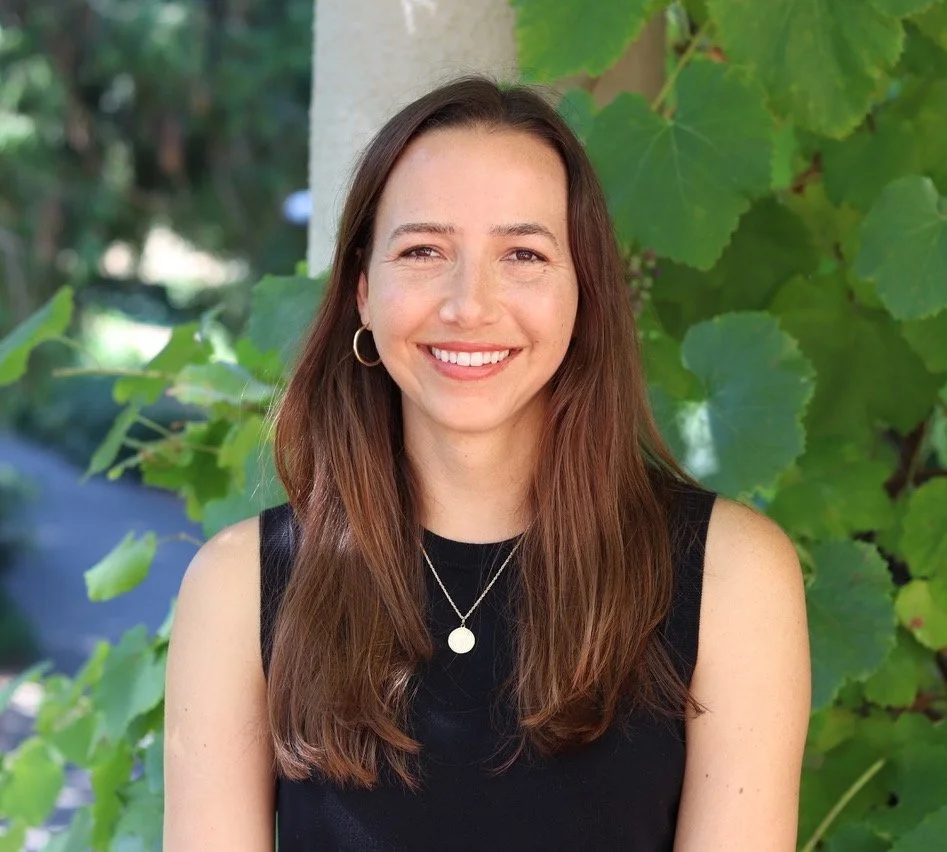In Memoriam: Remembering Hasan Mabry C’22
/On Saturday, May 3, 2025, 25 MAPPsters representing decades of graduating classes gathered with Yvonne Ross to remember her son, Hasan Tysheem Mabry (C’22), who died on March 18, 2025.
As a proud University of Pennsylvania graduate who attended the Master of Applied Positive Psychology (MAPP) program during the height of the Covid-19 pandemic, Hasan, our classmates, and I initially knew each other only virtually. At first Hasan seemed quiet and reserved. He joined our virtual classroom from a lowly lit room and spoke up only sometimes. We quickly learned that both his voice and his insights were deep.
Read More




















